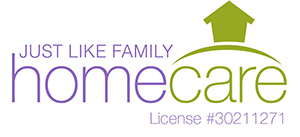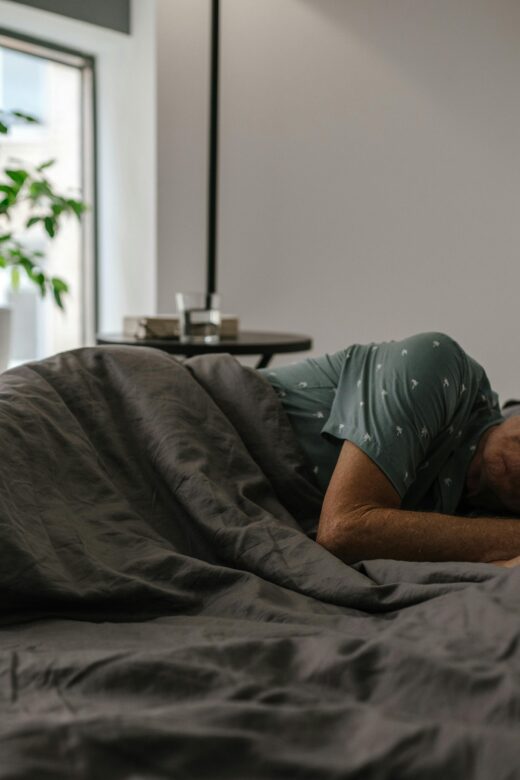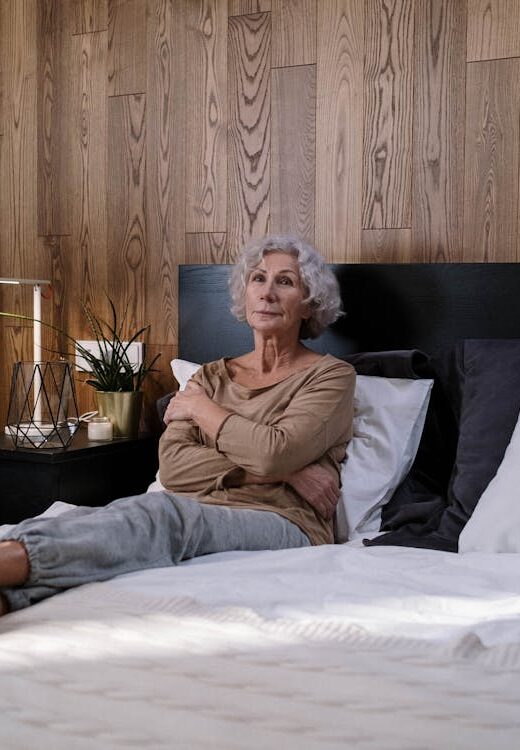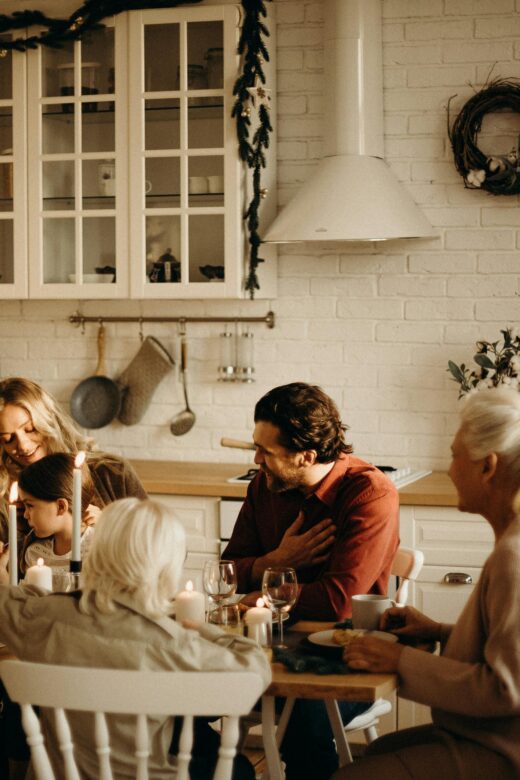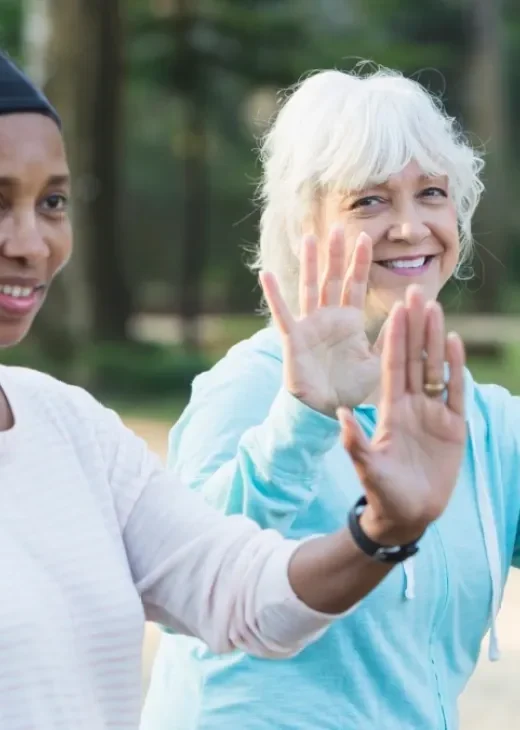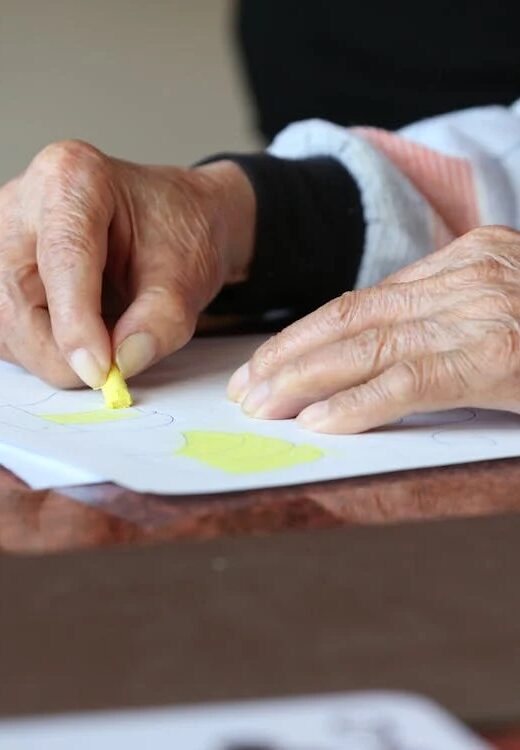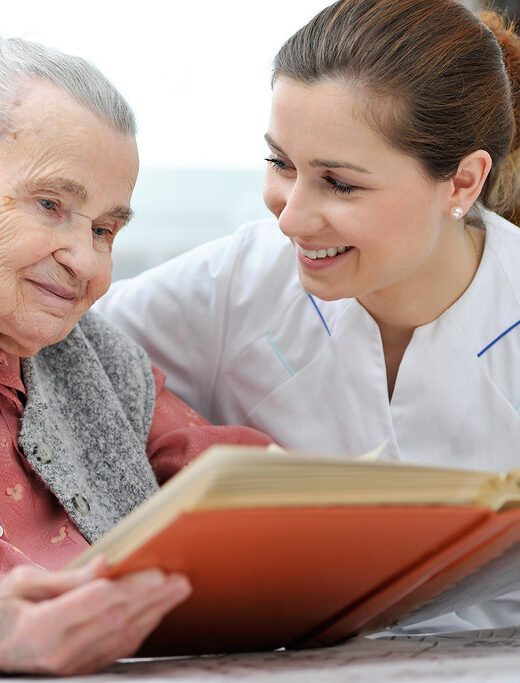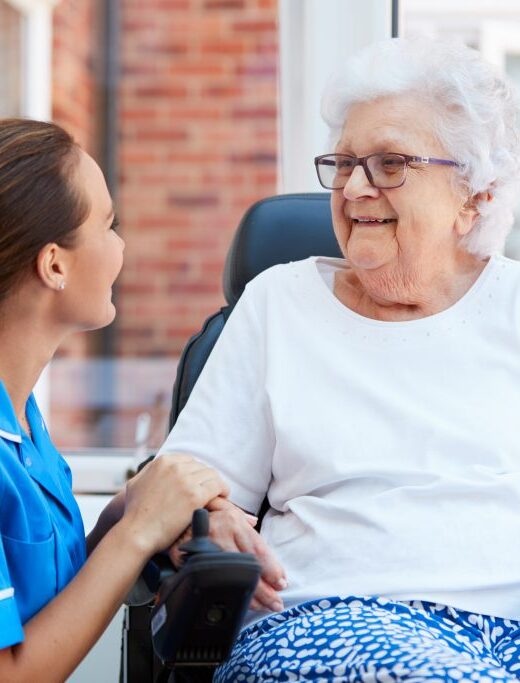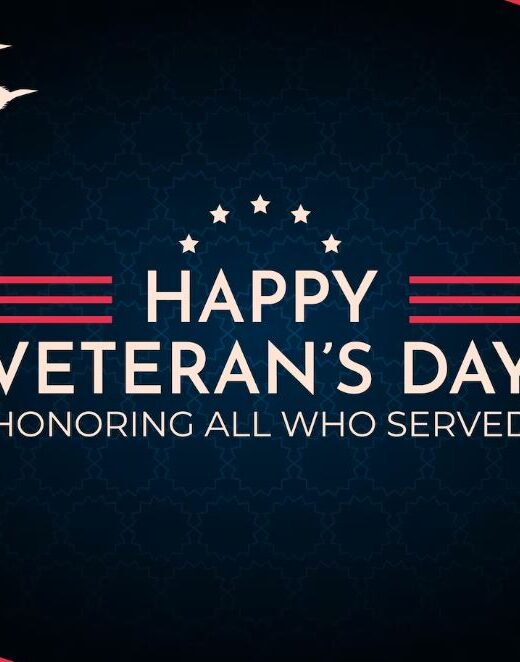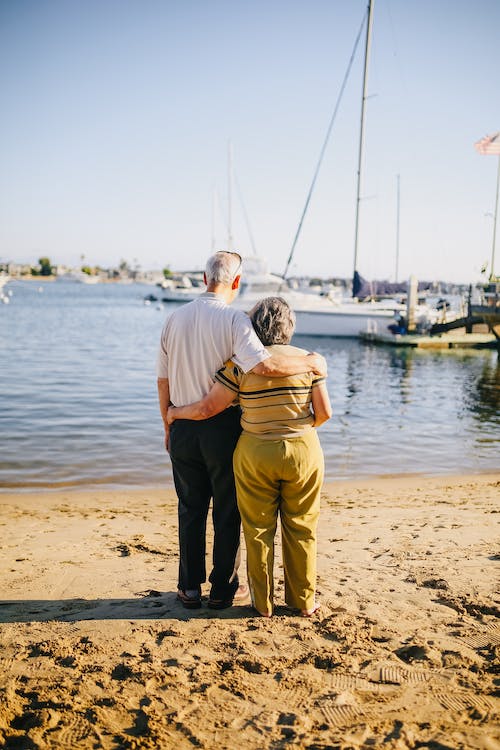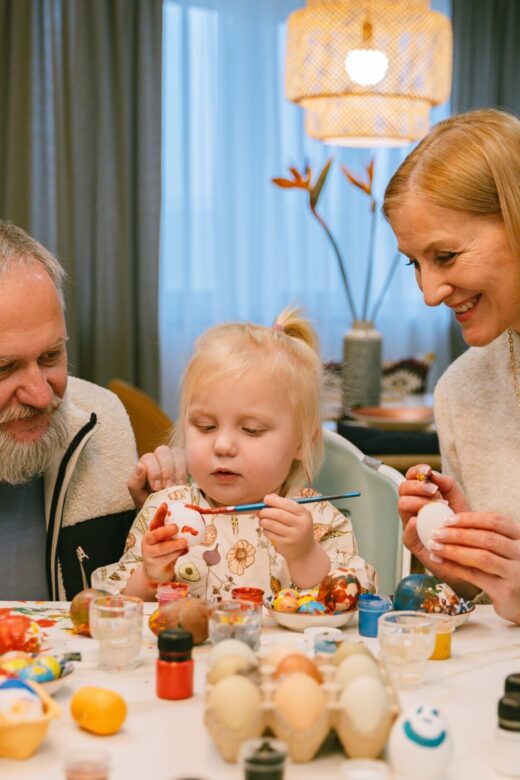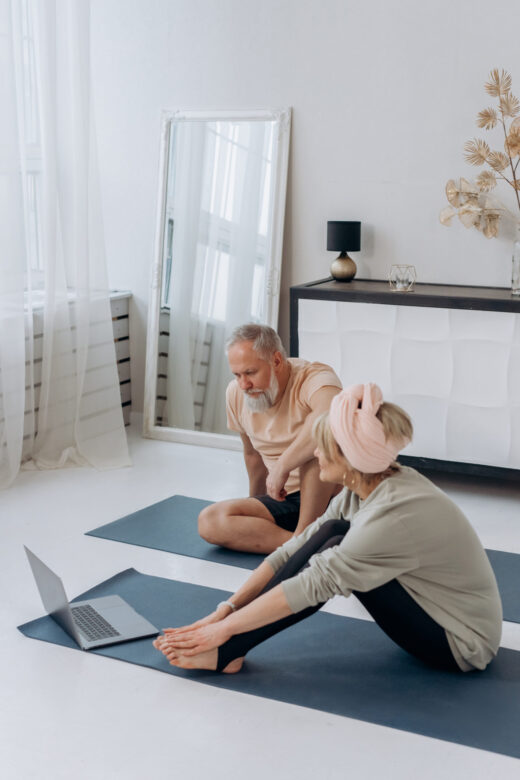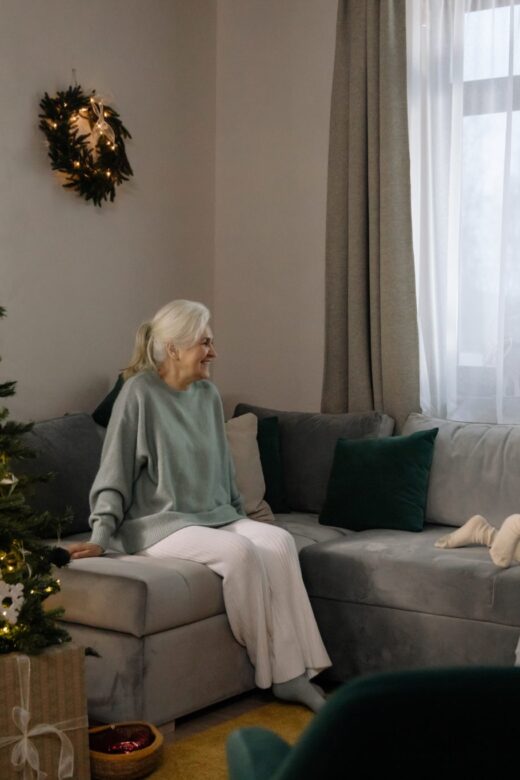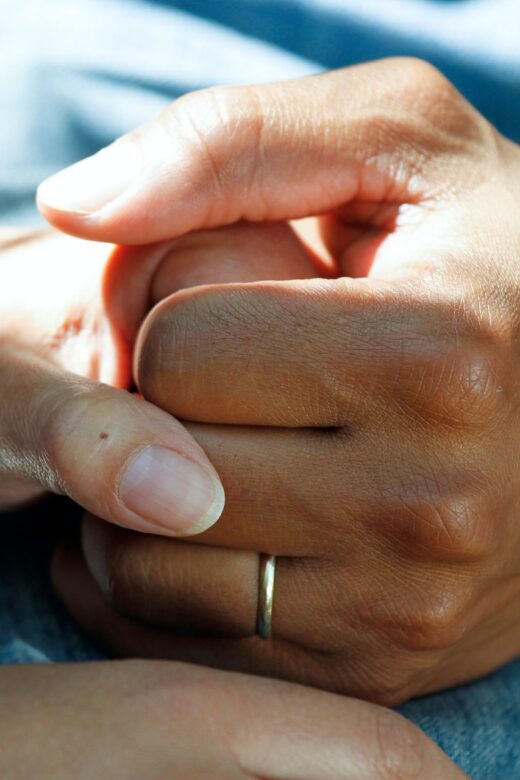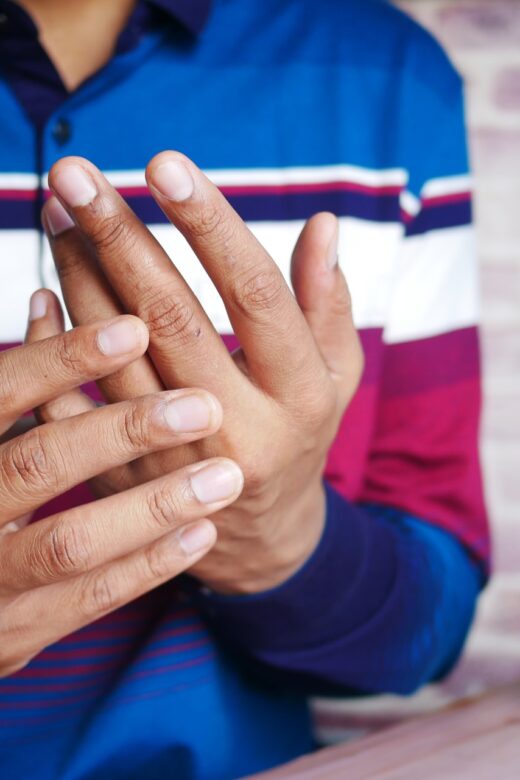Chronic Obstructive Pulmonary Disease, or COPD, is a long-term lung condition that makes it difficult to breathe. The common …
Reducing Stroke Risks
A stroke is a serious medical event that occurs when blood flow to the brain is interrupted either by a blockage or a burst blood …
Coping with Vision Decline as We Age
Vision decline is a natural part of the aging process, and it happens due to changes in the structure and function of the eyes …
Better Sleep for Seniors
Sleep is essential for overall health and well-being, especially for seniors. Restful sleep is crucial for maintaining cognitive …
Understanding Seasonal Affective Disorder (SAD)
As the seasons change and daylight hours dwindle, many seniors experience mood swings and low energy levels. Although Florida …
Continue Reading about Understanding Seasonal Affective Disorder (SAD)
Creating Joyful Holiday Moments for Seniors with Alzheimer’s or Dementia
November is Alzheimer's Awareness Month, a time dedicated to raising awareness about Alzheimer's disease, which affects over 6 …
Continue Reading about Creating Joyful Holiday Moments for Seniors with Alzheimer’s or Dementia
Tai Chi for Senior Wellness
Tai Chi is one of the most well-liked physical activities for elders because it helps preserve overall physical and mental health …
Navigating Dementia in the Sunset Years
Dementia is a neurocognitive disorder which effects a large population in the U.S. According the study, over 3.4 million of …
Continue Reading about Navigating Dementia in the Sunset Years
The Synergy Between Hospice Care and Just Like Family Home Care
Hospice care is a specialized form of medical care designed to provide comfort and support to individuals in the final stages of …
Continue Reading about The Synergy Between Hospice Care and Just Like Family Home Care
Golden Years Sun Safety: Seniors and Skin Cancer Awareness
Skin cancer, the abnormal growth of skin cells, most commonly develops on areas exposed to the sun. However, it can also occur on …
Continue Reading about Golden Years Sun Safety: Seniors and Skin Cancer Awareness
Arthritis in Seniors
Arthritis is the swelling and tenderness of one or more joints. It primarily affects seniors and tends to worsen with age. It can …
Aging in Place
Aging in place is the idea of growing older while remaining in one’s own home, rather than moving to a senior care facility. This …
Incontinence in Seniors
Incontinence is a common problem among seniors. About 75% of women over age 65 suffer with urine leakage, and 60-70% of people …
Help Seniors Overcome Holiday Loneliness
The Christmas holidays are a time of joy, celebration, and gratitude for many people. However, the holidays may also be a …
Continue Reading about Help Seniors Overcome Holiday Loneliness
Happy Veterans Day
Veterans Day is a special day to celebrate and appreciate the brave men and women who have served our country in the military. At …
Heat Wave
Florida has been experiencing a heat wave that has broken several records for the hottest summer ever recorded. Heat can be very …
Happy Independence Day
Just Like Family Home Care can help 4th of July celebration in many ways, depending on the needs and preferences of our clients. …
Happy Father’s Day
Father's Day is a special occasion to honor and celebrate the fathers and father figures in our lives. However, for some seniors …
Happy Mother’s Day
Mother’s Day is a time to honor and thank our mothers for their love, care, and support throughout our lives. Just Like Family …
Easter Celebration Ideas
Easter is a wonderful time to celebrate with joy and hope. You can plan some fun and festive Easter things to do to create fun and …
St. Patrick’s Day
St. Patrick's Day is a special day that many people look forward to. As a senior there are many ways you can enjoy this holiday …
Benefits of Hiring a Home Caregiver
As people age or become ill, they often require additional assistance with their daily activities. While some may prefer to move …
Five Tips for Seniors When Choosing Online Workout Classes
The first month of the New Year is flying by and many the people are still sorting out their goals and resolutions for 2023. It is …
Continue Reading about Five Tips for Seniors When Choosing Online Workout Classes
How to Keep Your Health in Check This Holiday Season
The holidays are known for taking a toll on our bodies. Between the chilly temperatures, onset of flu season and the overabundance …
Continue Reading about How to Keep Your Health in Check This Holiday Season
Hurricane Preparation Tips for Seniors
Hurricane Ian is a reminder that emergencies and disasters can strike quickly and without warning. Forcing us to evacuate our …
Continue Reading about Hurricane Preparation Tips for Seniors
How to Make the Transition from Hospital to Home Successful
Most hospital patients aren’t fully recovered when they leave — especially after surgery or a complex procedure. Although having …
Continue Reading about How to Make the Transition from Hospital to Home Successful
What is Late Stage and End-of-Life Care
The final stage of life is challenging, even for caregivers with lots of experience. If your loved one is in their final days of …
Continue Reading about What is Late Stage and End-of-Life Care
Chronic Pain Assistance at Home: Helping Seniors Manage Pain
Did you know it's estimated that 20.4% of adults in the United States live with chronic pain? Managing chronic pain on your own …
Continue Reading about Chronic Pain Assistance at Home: Helping Seniors Manage Pain
Benefits of Companionship for Seniors
Now that 75 percent of the U.S. senior population have been vaccinated against COVID-19, let's talk about the …
Continue Reading about Benefits of Companionship for Seniors
8 Activities to Do After Getting Vaccinated in Florida
The COVID-19 availability of vaccines will substantially reduce the risks of serious side effects associated with the …
Continue Reading about 8 Activities to Do After Getting Vaccinated in Florida
